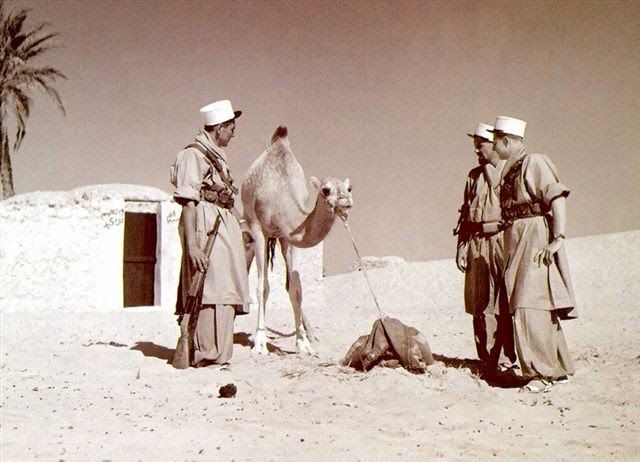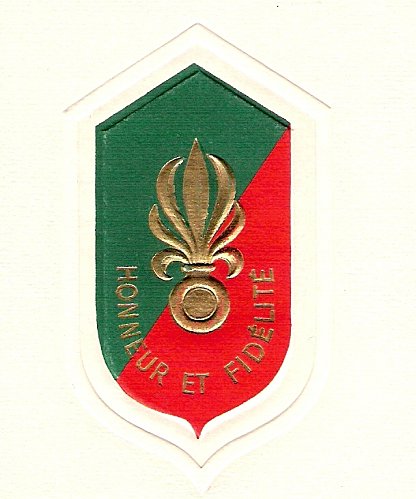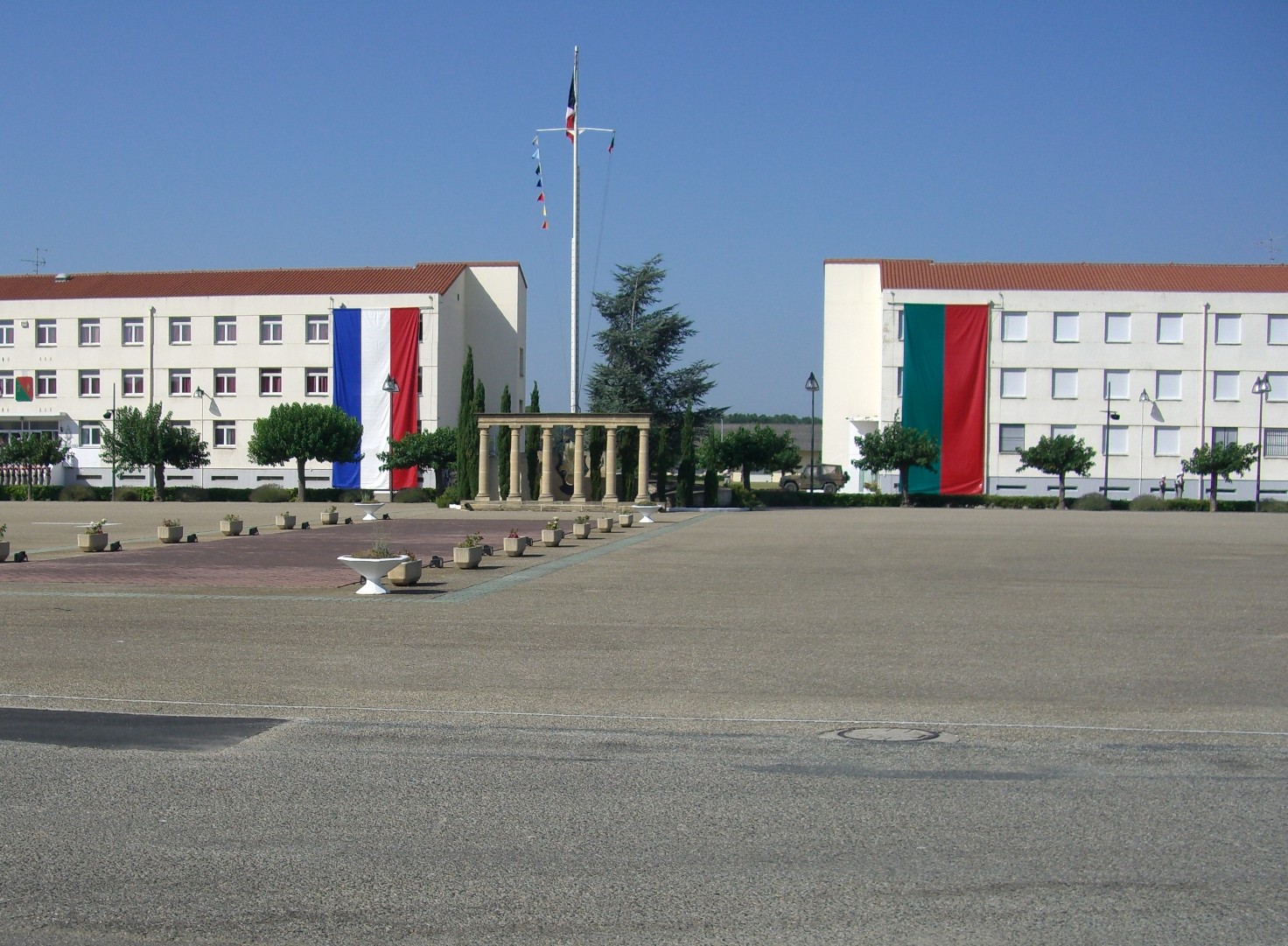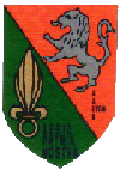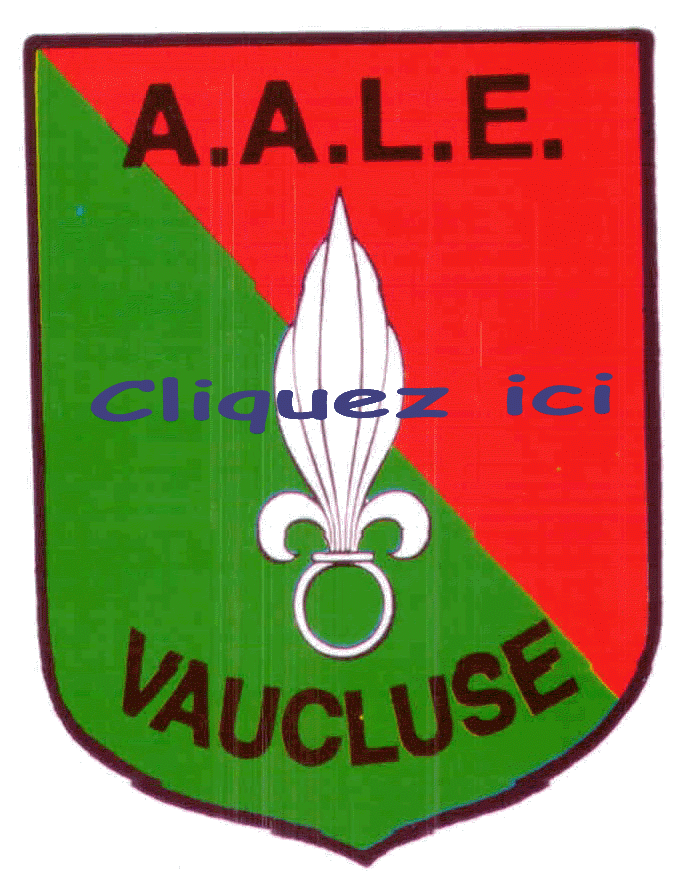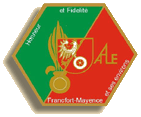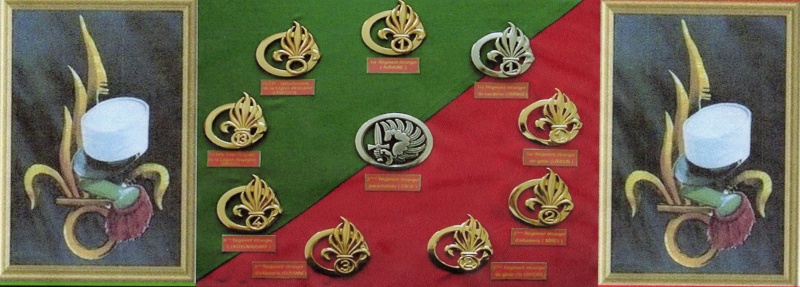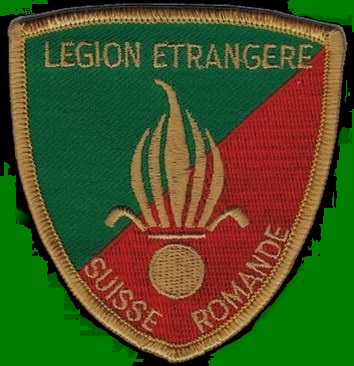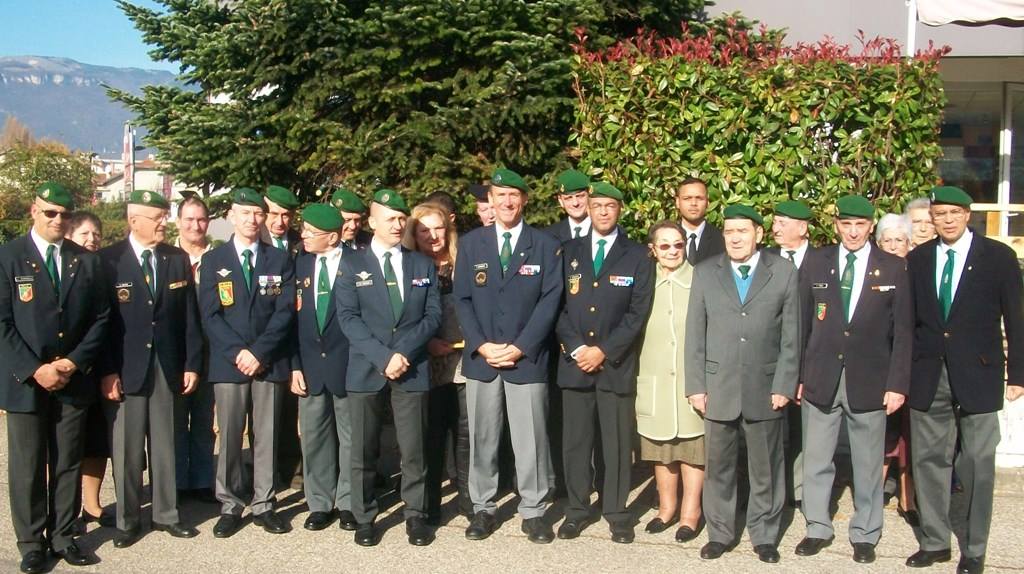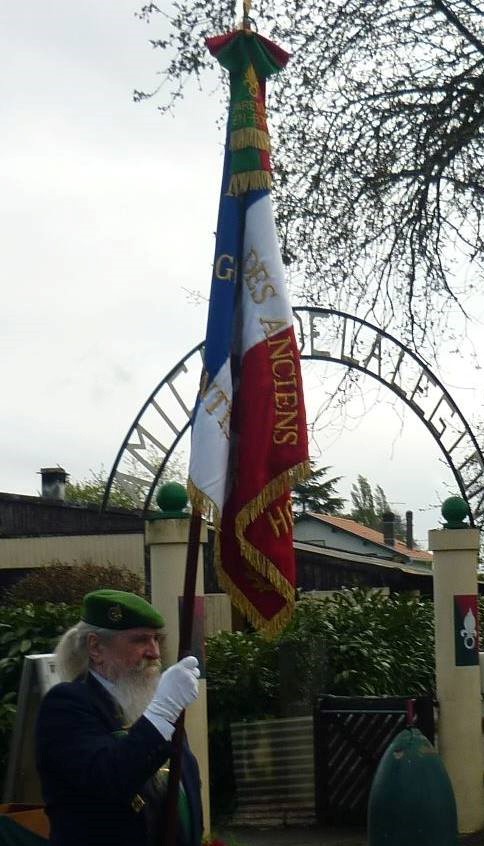
By Neil Tweedie 03 Dec 2008
Lost your job, your home, your business? Is the wife about to take you to the cleaners? Is that a county court judgement dropping through the letterbox? Life is getting harder for the poor, put-upon British male. Really, just how many Robert Peston two-ways can a man take? If only one could forget it all and start again.

There is a way, of course – one tried and tested over 180 years. And it’s dead romantic, too. The Legion Etrangere, zee French Foreign Legion.
As every fan of Beau Geste, March or Die and Carry On Follow That Camel knows, the Legion is an elite fighting force, drawing its men (no women allowed) from all corners of the world and touched by glamour.
Formed in 1831 by Louis Philippe to enforce French rule in newly-acquired Algeria, it developed into a collective exercise in convenient amnesia, acquiring a reputation as a haven for cut-throats, crooks and sundry fugitives from justice. Few questions were asked of new recruits, making it an ideal repository for the scum of the earth. And with the scum came the romantics, men searching for a way to dull the pain of doomed love.
Well, that was how Hollywood portrayed it. Cue matinee idol being asked why he has subjected himself to a life of brutal discipline, sand and sunburn. "To forget," says he, drawing on his Gitane and staring longingly into the distance amid a haze of blue smoke.
Reality is a bit different. France’s colonial empire may have disappeared, save for the odd outpost, but the Legion lives on. Almost 7,700-strong, it still operates around the world and gets into regular scrapes in Africa. While Frenchman make up most of the officer corps, enlisted men are predominantly drawn from outside France. The Legion’s image as a haven for ne’er-do-wells is largely out of date. Now, aspiring recruits are subjected to detailed background checks via Interpol.
"We don’t accept the hardened criminals any more, the murderers or rapists," says Capt Samir Benykrelef, "so this makes our job easier."
But there is still a hint of romance: all recruits must assume a new name on joining the Legion. This is because some recruits do indeed want a new start and new identity, and it is fairer to make all new Legionnaires undergo the same process. Soldiers can revert to their real identities after a year.
So, what does the Legion give the lucky entrant? A hard time, mainly.
Before being awarded the kepis blanc, the famed white cap of the Legion, recruits must endure a severe training regime which can involve punching and kicking. All recruits have to speak in French – even if they can’t. Even swearing must be in French, and there is a lot of that.
New recruits get about £1,000 a month and a shiny new rifle, which they are supposed never to leave on the battlefield. One practice popular in the main French army at certain times – surrendering – is not encouraged in the Legion, members of which are routinely expected to fight to the death. The good news is the wine. The Legion has its own vineyards in Provence which provide the main ingredient for regimental get-togethers.
After three years service, a legionnaire may apply for French citizenship. There is a quicker, more painful way way: a soldier wounded in battle may apply for citizenship under a provision known as "Français par le sang versé" ("French by spilled blood").
Some 140 nationalities are represented in the Legion, the motto of which is Legio Patria Nostra (The Legion is our Homeland). Composition changes with time, recruitment tending to thrive in countries experiencing economic and social stress. Traditionally, Germany has been a big provider of legionnaires – somewhat ironically given the Legion’s bloody roll in two world wars. Currently, eastern Europe is a fertile recruiting ground, together with Latin America. Brits, too, have played their part, but there was embarrassment recently when it emerged that many British applicants were failing selection due to endemic unfitness.
If some NCOs in the Legion are to be believed, the whole corps is becoming a bit soft and girly. Improved conditions and greater professionalism have in recent years resulted in more middle-class recruits.
Cpl Buys Francois, 43, a South African legionnaire who joined 11 years ago, says: "We call the new entrants Generation PlayStation because they’re so soft. Now we’re taking the ex-husbands running from alimony, and all these guys with university degrees."


































